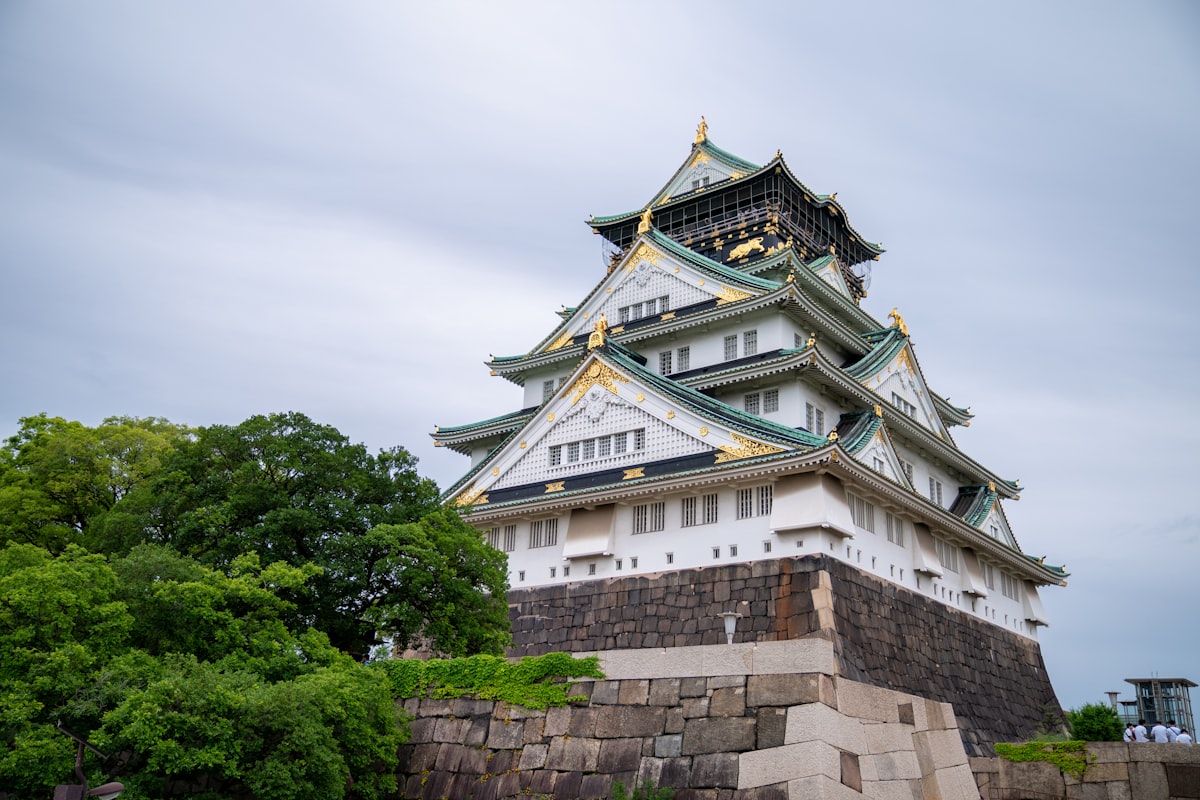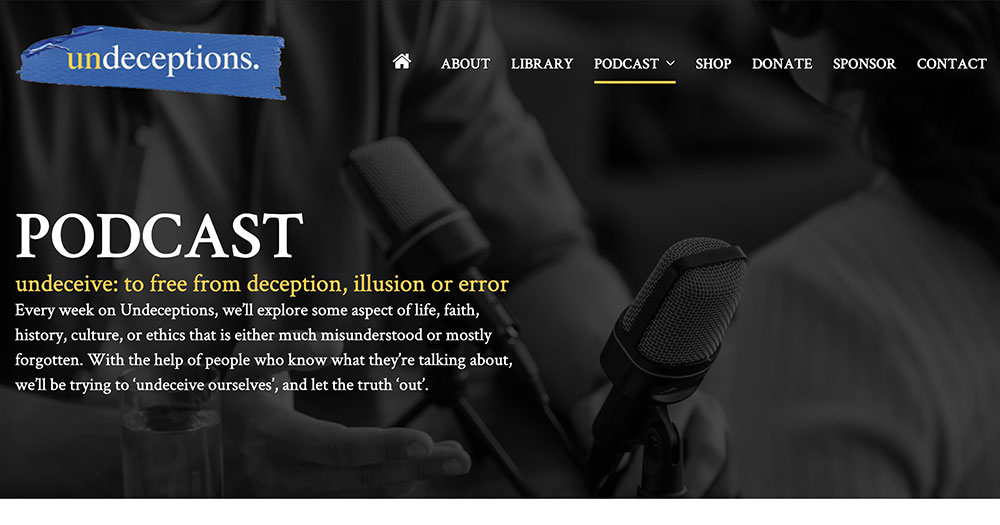A brief history of the Japanese church

Thanks to your support and prayer, over 20 participants were able to focus on deepening their relationship with Jesus last weekend. The Holy Spirit came to do His work, and our Encounter retreat was a smashing success!
Many were grateful for the opportunity to laser-focus on God, leaving the distractions of home behind.
We heard things like:
- "It was just Jesus, Jesus, Jesus."
- "I want to fulfill God's plan for my life."
Here are two testimonies from the Encounter retreat last weekend:
More (practical?) podcast proposals for you:


Spoken Gospel is all about connecting Jesus to every part of the Bible. The podcast is their deep dive, long-form conversation about each significant section of a book of the Bible. But Spoken Gospel also has many other great resources, including visual, poetic summaries of bible books on YouTube. They also have a bite-sized podcast, Jesus in all of the Bible, summarizing the significant points of their podcast conversations and study.
Undeceptions is a surprisingly musical Christian podcast on various historical and cultural themes. From a different Christian perspective, Anglican, academic, and Australian, John Dickson's careful interviews and commentary are fascinating. Listen for a unique and well-produced approach to "advocating for the Christian faith in a skeptical world."
We're still excited that Paz Bible College started its second college class a few weeks earlier!
Our missionary and church team is committed to in-depth biblical training for future Japanese leaders. Thanks for enabling us to take hundreds of team hours over the last 2 years in video production to put together our 4-year education and training program!
Here is a brief history of Christianity in Japan (taken from our PBC class by Pr. Tim Huber):
Padre Francis Xavier, one of the 3 cofounders of the Jesuits, met a Japanese man named Yajiro in 1547. Xavier arrived in Japan himself on August 15, 1549. This fact is briefly mentioned in Japanese history classes.
Xavier baptized about 1000 Japanese people during his 2+ years in Japan.
The Japanese Christian work continued to grow under Catholic mission efforts but finally experienced persecution under the reign of Toyotomi Hideyoshi.
Hideyoshi ordered Christians to be executed in February of 1597. In total, 26 people were tied to crosses and killed in Nagasaki. Hideyoshi died the following year, in 1598.
In 1606, there were around 300,000 Japanese Christians. Others consider this number closer to 750,000 (it's out of a Japanese population estimated to be between 12.3 million and 22 million).
The year 1612 marked the start of long-term, systematic persecution of Christians in Japan. It started under the new national leader Tokugawa Ieyasu. His grandchildren were reported to be especially cruel and inhumane over the next two generations.
The highest estimate for the number of martyrs from 1614 to 1637 is between 5,000 and 6,000.
A quote from Richard H. Drummond's A History of Christianity in Japan: "This number constituted perhaps two percent of the whole, but probably neither the brutality of the methods employed nor the heroic constancy of the victims has ever been exceeded in the sad history of such events in all human history. The proportion of martyrs in comparison with the total Christian population is probably greater than that of any other period or place in the history of the church, including in the Roman Empire" (p. 104)
In effect, Japan closed its borders from this period in the early 17th century until Commodore Perry in 1854 with American warships to force a treaty.
The first protestant missionary efforts in Japan resulted from Perry's efforts. His ship also held the first protestant service in Japan, in 1853.
Hidden Christians kept a legacy of faith despite the many years of systematic government persecution. They were found by Catholic priests in 1859. Although their Hidden Christian beliefs had become somewhat distorted over time, focusing on the worship of Mary and some other distortions.
Japanese churches experienced growth, more government persecution, and the conversion of a displaced samurai class in the late 19th century.
After these efforts, some emerging Japanese Christian leaders started questioning the accuracy and necessity of founding their Christian beliefs on the Bible. Some Japanese church leaders weakened their convictions about Jesus as they pursued trends in German theology and other things like unitarianism. Other organizations, such as the Salvation Army, remained faithful to scripture as inspired and foundational to faith. Organizations like this also fought for sweeping and positive social change.
What do you think? Is the history of Christianity in Japan what you expected? Have you seen movies like Silence that portray the horrific treatment of Christians in Japan?


